As with all of us, COVID-19 is having an impact on the participants in the SANGO-Kenya pilot, forcing everyone to accommodate to a new reality. Although the incidence rate remains relatively low across sub-Saharan Africa, including Kenya, the number of cases and deaths are increasing. The Kenyan government has instituted a number of restrictions to try to contain the spread: Non-essential businesses are closed and non-essential workers are supposed to shelter at home. Major markets are closed. There is a 7 PM curfew. No one is allowed to travel in or out of Nairobi without government consent. As we are seeing here, although restrictions are imposed to help limit the spread of the virus, they also make it harder to get food and result in loss of revenue for the people who need it most.
These impacts make the work of SANGO-Kenya all the more critical – and more difficult for our team to provide support to the farmers. However, the commitment, perseverance, and creative thinking by both our team and the farmers keep the program going while keeping everyone safe. In all of our activities, we are mindful of and encouraging social distancing, wearing masks, hand washing, and limiting the size of gatherings.
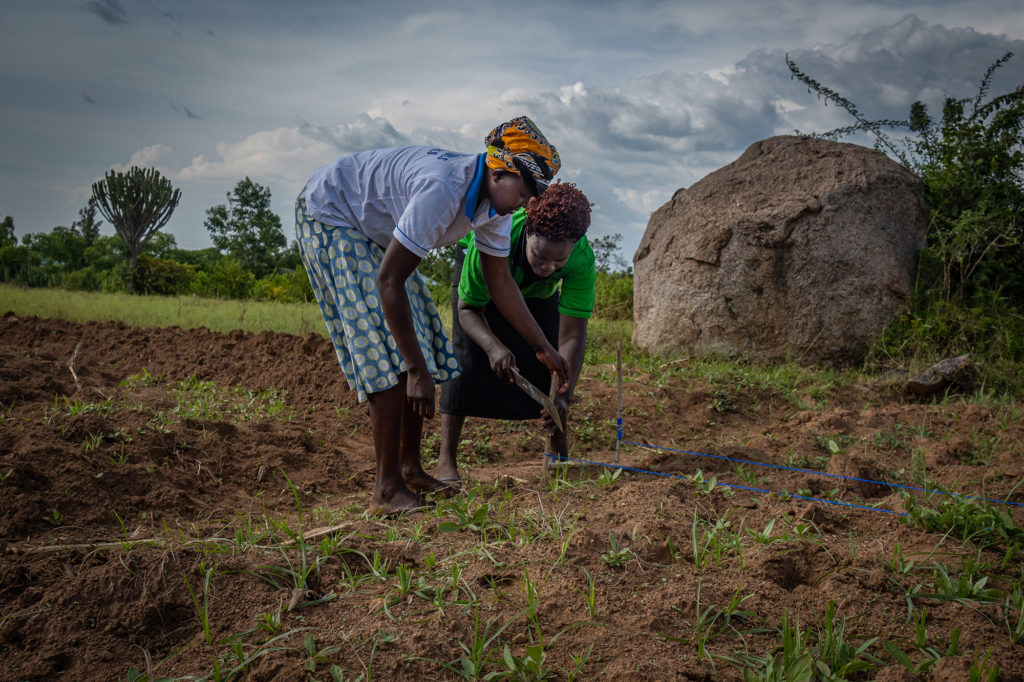
Thanks to the wonders of technology, I can talk (sometimes) and text (almost daily) with the team. Dominick, our agriculture consultant, continues to visit the farmers every week to observe the progress, identify any challenges, and provide suggestions. This has proven invaluable, as he was able to identify a few problems early on and work with the farmers to correct them. Benter, whose work in gender and home economics is very beneficial to the farmers, meets the lead farmers weekly to review any issues they may be facing. And Helma, our coordinator, provides almost daily updates from the field. Her timely reports are so important because everything takes longer now due to travel restrictions, closed markets, etc. However, because she reports so quickly, we are able to monitor progress in a timely manner.
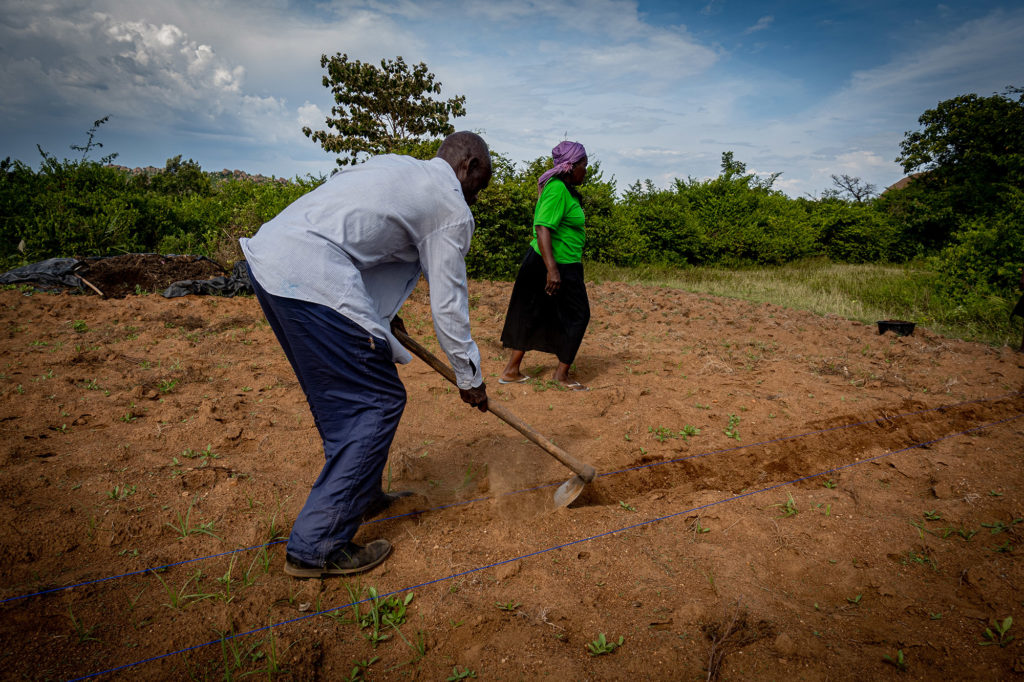
Everyone reports that the farmers’ enthusiasm continues to be strong and translates to their ongoing hard work. The harvests have already begun and they have food to feed their families, even at a time when others may not. They are also selling some of the surplus at market, providing much-needed income to buy other types of food such as maize for ugali as well as household goods. One even bought a solar panel with her profits.
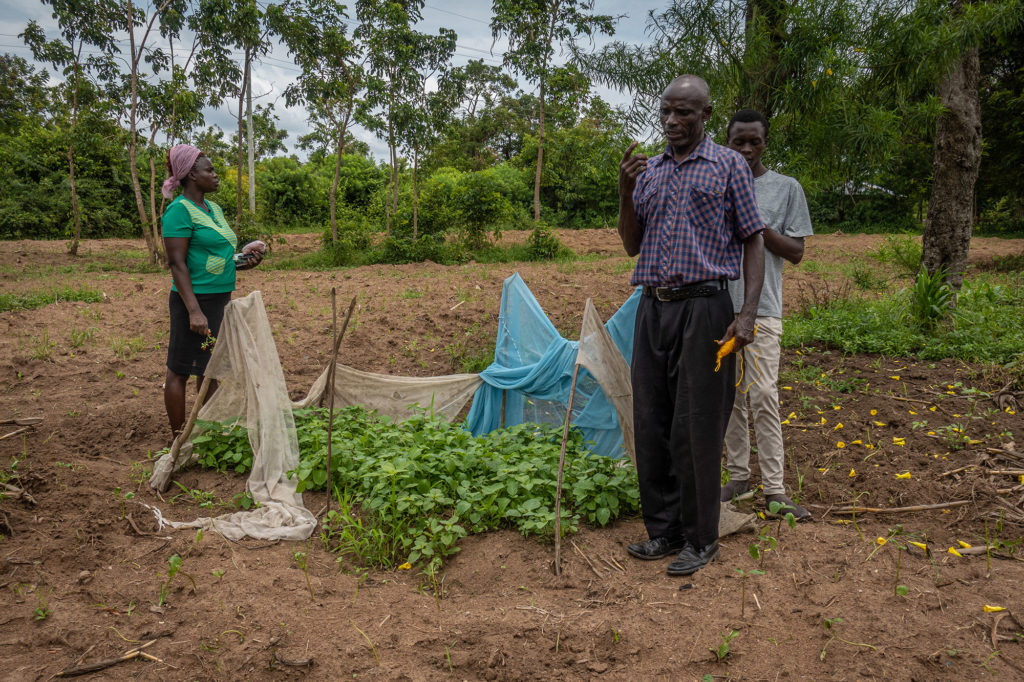
We had planned to provide two additional trainings to all of the farmers: one on drying vegetables so that they could continue to have vegetables post-harvest, and one on best practices for harvesting and preserving seeds. We canceled them because of all the restrictions; however, the farmers remembered and asked for them. As gatherings of over 10 people are prohibited without government permission. Benter went to the village chief and received permission.
The chief allowed us to convene a special meeting to gather the farmers for two hours. During the meeting, Dominick taught the farmers about seed harvesting and how to preserve seeds to use next year. Benter taught them about drying and preserving the vegetables. Fredrick, our health and nutrition advisor, gave a presentation on safe practices to help prevent the spread of coronavirus, and even translated some CDC materials we had sent him to Dholuo, the local language. Benter also arranged for a colleague to come to teach the women about making their own soap so they can practice frequent hand-washing. Additionally, we provided reusable masks to all attendees so they would have them not just for the training, but to wear all the time.
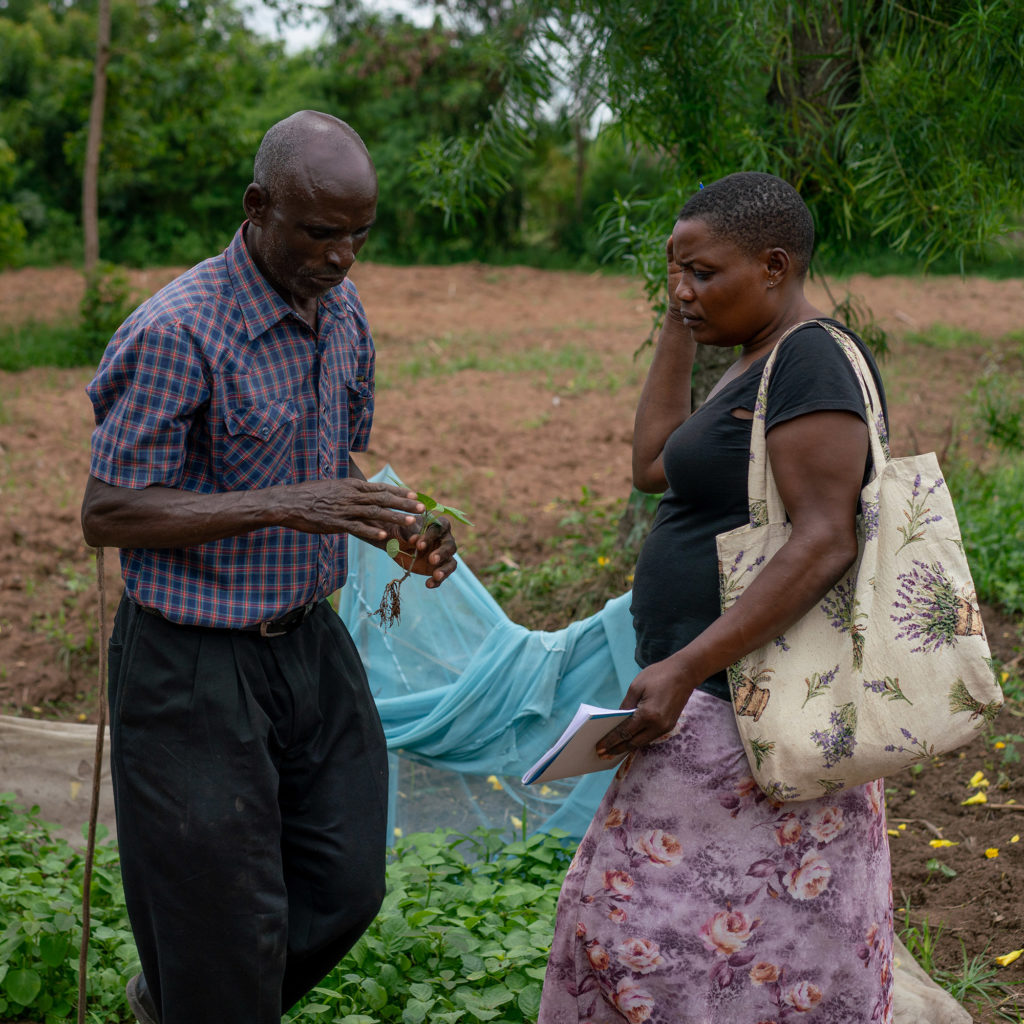
I have now been back in Rappahannock for two months. I wonder daily when I will get to see friends, when we will be able to go out, or go on vacation. But all of this seems so trivial when I think of the challenges the participants in SANGO-Kenya face. I am so in awe of the strength of the women with whom we are working. COVID-19 is only one of their challenges. There has been flooding in this area that has killed hundreds, makes it hard to get around, and threatens to destroy crops. All the rain also increases the incidence of malaria. The locusts continue to multiply and spread.
SANGO-Kenya selected this area in which to work because Constance’s research showed the households there were nutrition and food insecure. Floods, locusts, and COVID-19 not only increase their vulnerability, but also make it much more difficult to address the problems.
Despite all of these obstacles, our team, the farmers, the members of the community – no one complains. They get up every day, take care of the children, take care of the farm, market what they can, frequently take care of extended family, find food for their families.
You all have believed in SANGO-Kenya from the beginning. When we began planning the project, we couldn’t possibly have known how critical our program would become to the community. We are working hard to continue, to strengthen the program, and support the farmers. Additional food and income are always needed, but especially at this time. Thank you all.
Please leave a comment below — I love hearing from you. And check back soon. I have gotten several requests for additional information, including recipes and questions about how to dry vegetables. We will be posting more soon — with photographs.
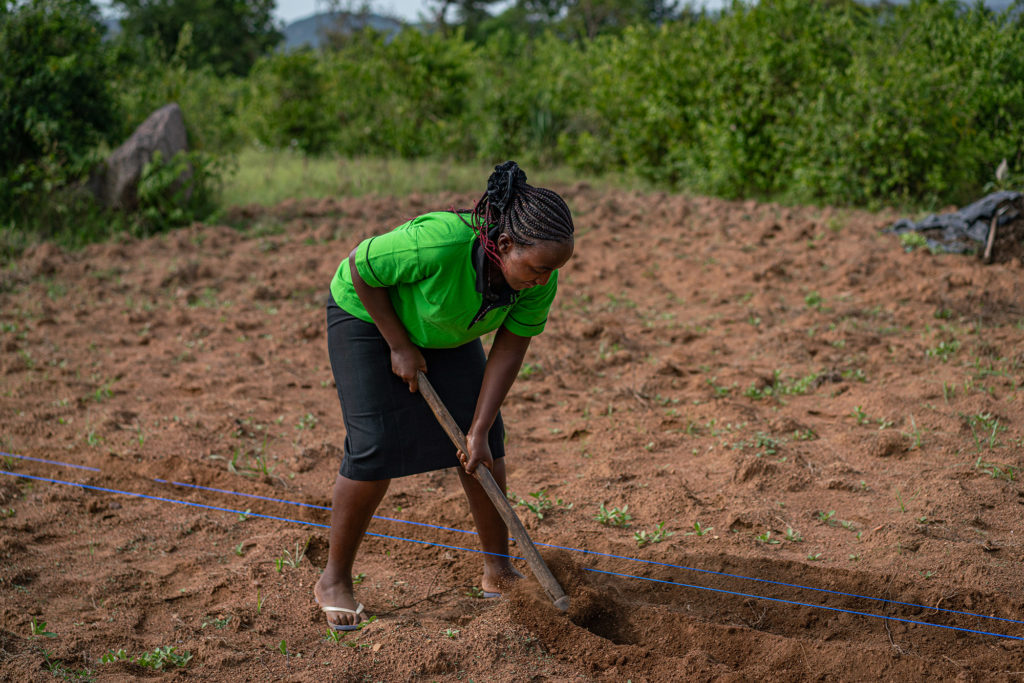
We are also on Facebook:
If you would like to contact me directly, I can be reached at:
Erokamano! Asante sana! [Thank you in Dholuo and Kiswahili, respectively.]
